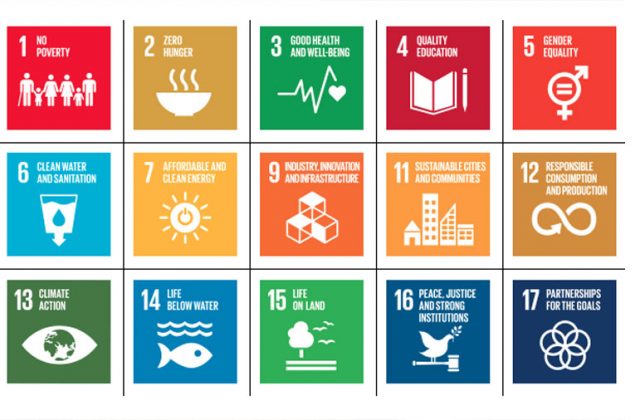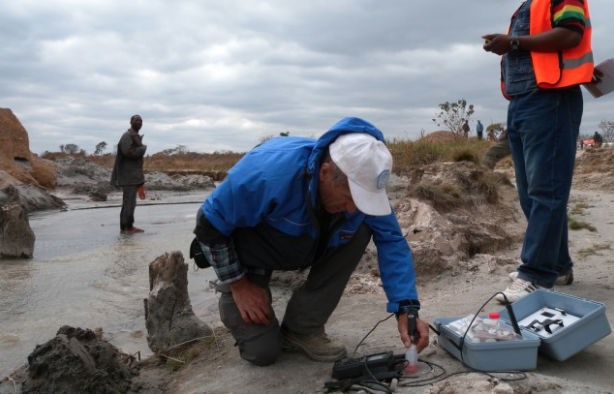
The world has seen a dramatic increase in the frequency and magnitude of natural and manmade disasters, which severely affect lives, livelihoods and the environment. Disasters and emergencies kill and displace many people, and cause substantial economic, social and environmental damage. The impact of such events, including degradation of vital ecosystems, also undermines sustainable development.
Local communities are at the forefront of any response to such disasters, including manmade industrial and technological emergencies. Reducing risk at the local level is, therefore, fundamental. Green Cross International (GCI) has a long history of addressing the consequences of disasters, such as the Chernobyl and Fukushima nuclear emergencies, Hurricane Katrina and the 2010 Haiti earthquake. GCI developed its Environmental Emergency Preparedness program to help vulnerable communities prepare for environmental emergencies.Green Cross designs and implements specific projects to reinforce and build local capacities to address risk management and preparedness. These projects bring together local stakeholders, including civil society, concerned industries, private sector, corporate associations and non-governmental organizations.Activities are conducted in various ways. These include networking, synergy building, exchanging best practices, consultations, providing access to specialized expertise and knowledge, initiating and implementing capacity building projects at local level, convening conferences and workshops, and conducting training courses and simulations.The program is managed by GCI’s Environmental Security and Sustainability program, and implemented jointly with its national organizations and various partners. It was launched at the United Nations Conference on Sustainable Development (Rio+20) in Brazil in June 2012.




